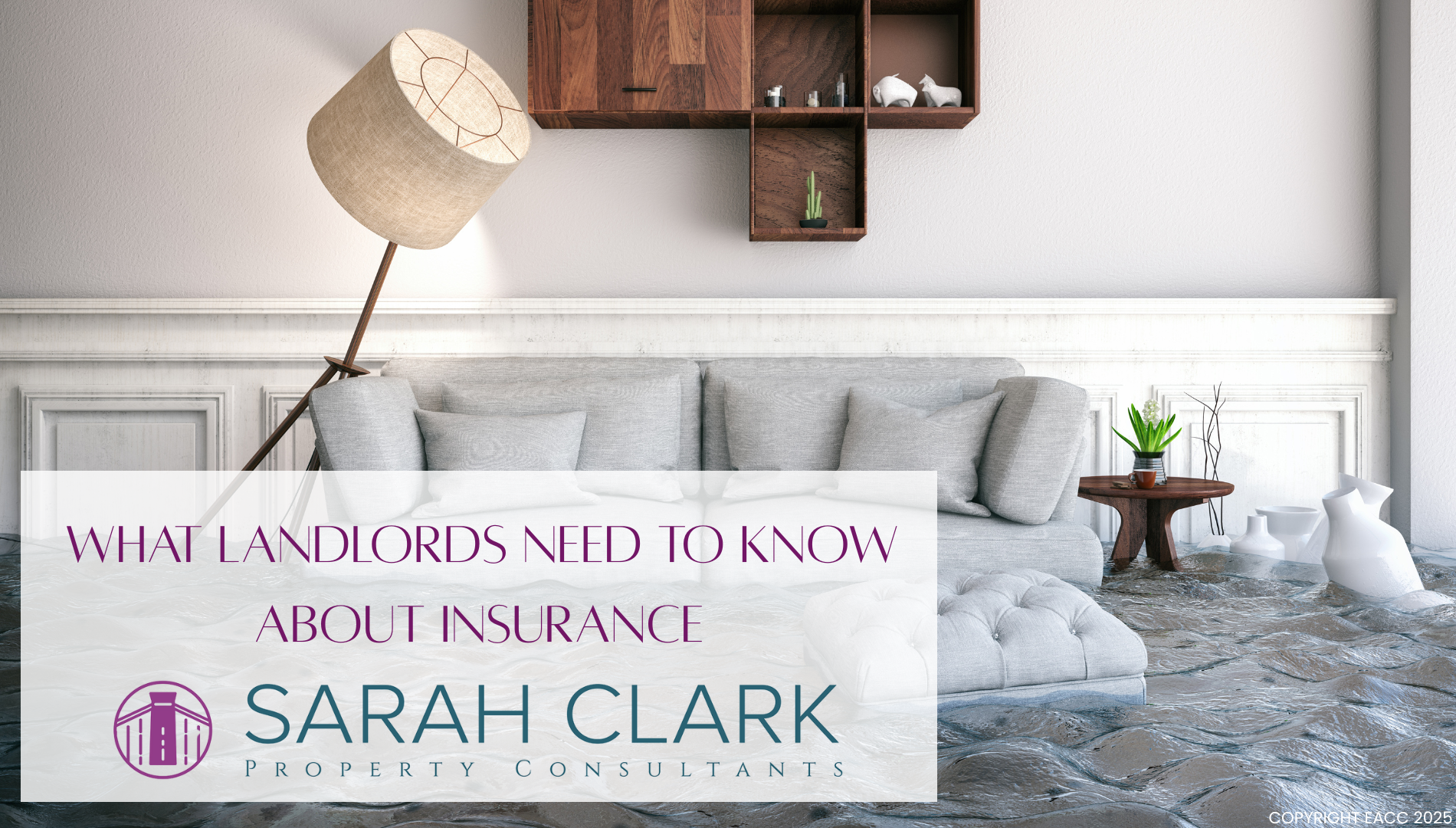What Landlords in Bristol Need to Know About Insurance
Less than half (46%) of tenants have contents insurance, according to a new report*. Which begs the question: Is your rental property properly insured? Here’s what landlords need to know.
Who’s responsible for insurance in a buy-to-let?
In a buy-to-let, the responsibility for insurance is split between the landlord and the tenant.
Insurance is based on the principle of insurable interest. You insure what you own (and what you stand to lose if things go wrong). You don’t insure what you don’t own.
But in a rental property, it’s not always that simple.
Buildings insurance for a buy-to-let
As a landlord, you own the building, so this is your responsibility.
Landlord buildings insurance should cover your building for the so-called standard perils, such as fire, storms, floods, subsidence, theft and vandalism.
Contents insurance in a buy-to-let
Insurance for the contents your tenants own is their responsibility. This includes items such as furniture, appliances, bikes and other personal possessions.
Tenants might want to take out accidental damage and tenant liability insurance, too. This should cover them if they damage anything, whether it belongs to them or to you.
You can’t insist that tenants have insurance or add it to their rent. But it’s a good idea to suggest they take it out themselves.
Other types of insurance
You should make sure you have landlord public liability insurance. This is in case a tenant or visitor is injured due to negligence at your property. (It also covers damage to possessions.) For example, if someone trips on a broken floorboard and hurts themselves.
If you provide furniture, appliances, carpets or curtains in your property, you may also want contents insurance for those items.
You may also want to consider cover for accidental or malicious damage to your property caused by your tenant.
You can also take out landlord home emergency insurance to cover breakdowns of appliances, utilities or the boiler.
Legal expenses insurance can cover you for any disputes with tenants, eviction or even non-payment of rent (rent guarantee insurance).
You can also insure for alternative accommodation and loss of rent. This can be helpful if something happens at your property and your tenant needs to move out.
What to do about buy-to-let insurance
Decide what you need to and want to insure – and what you don’t.
Then shop around with several insurers to find the cover you want. Check that the sum insured is adequate and that you understand the conditions and excesses that apply.
We hope you’ve found this post interesting. If we can help you further with our property letting and management services, don’t hesitate to contact us.
If you know someone who would find this post useful, please share it with them.
*Source: Insurance provider Paymentshield.






Share this with
Email
Facebook
Messenger
Twitter
Pinterest
LinkedIn
Copy this link